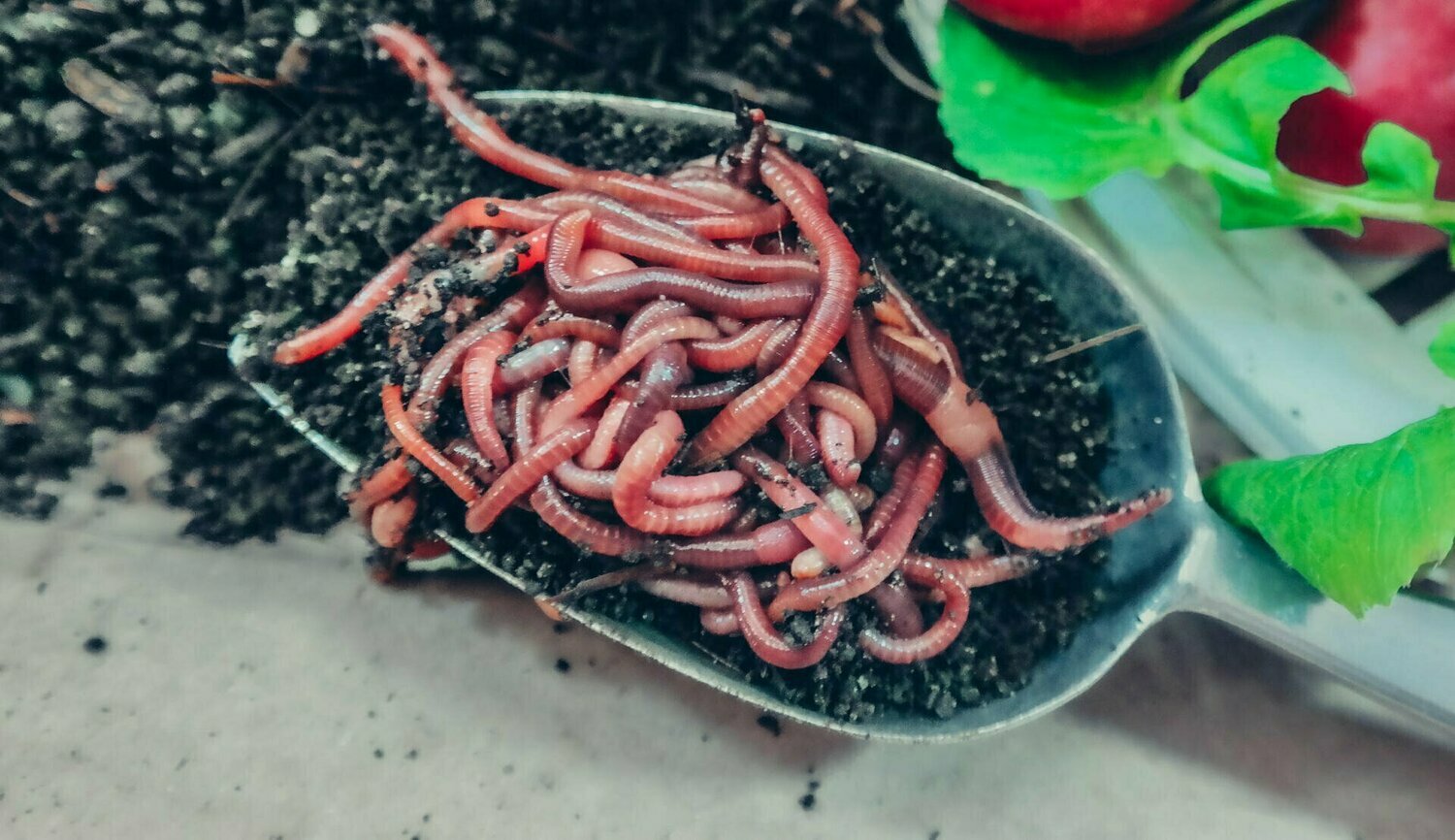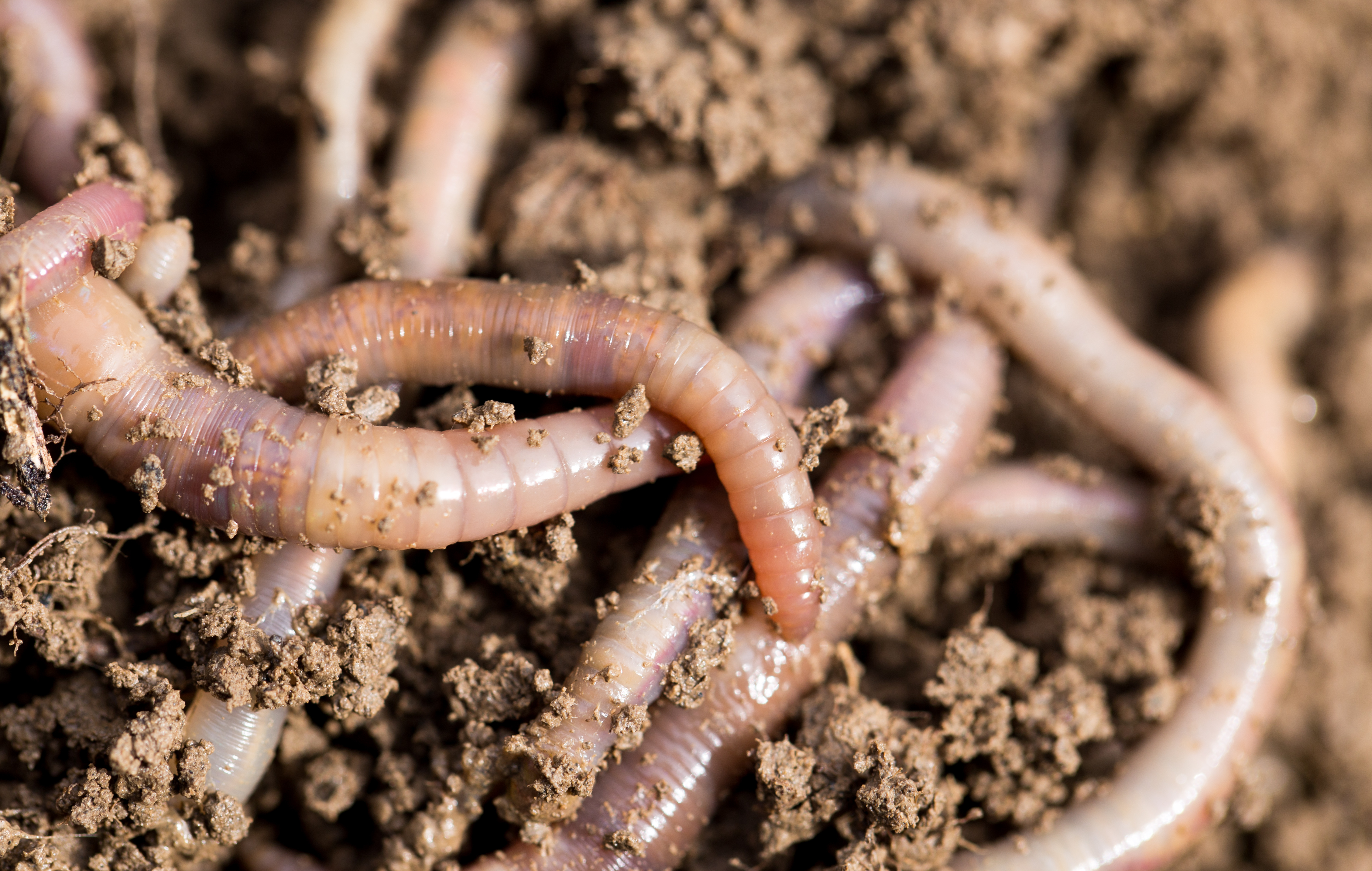Premium Quality Red Wiggler Worms - Boost Your Garden's Fertility
Premium Quality Red Wiggler Worms - Boost Your Garden's Fertility
Blog Article
Red Wiggler Worms Demystified: Opening the Tricks of Vermiculture for Greener Living and Nutrient-Rich Soil
In the realm of sustainable practices for enriching dirt quality and promoting eco-conscious living, red wiggler worms play a pivotal yet typically overlooked duty. Red Wiggler Worms. Understanding the complexities of caring for these worms, enhancing their environment, and harnessing their spreadings can lead to a greener way of life and much healthier dirt for plants to thrive.
The Duty of Red Wiggler Worms
Red Wiggler worms play a crucial function in composting systems by successfully breaking down raw material right into nutrient-rich castings. These starved eaters consume a selection of organic products, such as cooking area scraps, yard waste, and paper items. As they feed, the worms' gastrointestinal processes break down the natural issue right into a fine, dark, and nutrient-dense material understood as worm castings or vermicompost.
The spreadings generated by Red Wiggler worms are extremely helpful for dirt health and plant development. They are rich in vital nutrients like potassium, phosphorus, and nitrogen, which are essential for supporting healthy plant advancement. In addition, worm castings contain useful microorganisms and enzymes that aid improve dirt structure, increase water retention, and enhance nutrient uptake by plants.
Advantages of Vermicomposting

It boosts dirt structure, improves dirt oygenation, and boosts dirt moisture retention. Vermicompost also improves the soil with important nutrients like nitrogen, potassium, and phosphorus, advertising plant development and general dirt fertility.
Additionally, vermicomposting assistances sustainable horticulture practices by offering a natural and chemical-free option to artificial fertilizers. Red Wiggler Worms. This eco-friendly strategy not just enhances the dirt but also helps in reducing dependence on dangerous chemicals, promoting a greener and a lot more sustainable method of gardening
Establishing a Worm Container
When establishing a worm bin for vermicomposting, correct arrangement is essential to make sure the success of the composting procedure. The very first action in establishing up a worm bin is picking a suitable container.
After adding the bedding, present the red wiggler worms to the container. It is advised to start with a handful of worms and gradually increase as they multiply. The worms must then be offered with food scraps such as fruit and veggie peels, coffee grounds, and eggshells. It is necessary to avoid adding meat, milk, oily, or salted foods to stop bring in insects and creating undesirable smells.
Frequently keep an eye on the moisture degrees and temperature in the worm container to guarantee ideal problems for the worms. With appropriate setup and my review here upkeep, the worm bin will efficiently transform natural waste right into nutrient-rich garden compost for your plants and yard.
Collecting Worm Castings
To efficiently collect nutrient-rich worm castings from your vermicomposting system, a systematic harvesting approach is essential. When it comes time to gather the worm castings, there are a couple of crucial actions to follow to make sure an effective procedure. First of all, stop including fresh food scraps to one side of the worm bin for a number of weeks prior to gathering. This motivates the worms to migrate sideways with fresh bed linen and food, making it easier to scoop out the castings from the opposite side.

Troubleshooting Common Issues
Determining and resolving typical difficulties that may emerge throughout the vermicomposting procedure is important for preserving a productive and healthy worm container. One common problem that vermicomposters encounter is overfeeding. Adding excess food scraps can result in a build-up of moisture and level of acidity in the worm container, potentially harming the worms. To avoid this, feed the worms in moderation, guaranteeing that the food scraps click for source are appropriately broken down before including extra. One more problem is undesirable odors emanating from the worm container. Foul smells indicate anaerobic conditions, generally triggered by overwatering or insufficient ventilation. To treat this, readjust the moisture degrees by adding dry bed linen materials like shredded newspaper or cardboard and boost oygenation by transforming the bed linen consistently.
Additionally, if the worm populace is decreasing or the worms show up unhealthy, maybe because of environmental stress factors such as extreme temperature levels or pH degrees. Keeping an eye on these aspects and making essential adjustments is essential for the wellness of the worms. By fixing these common issues without delay, vermicomposters can make sure a successful and smooth vermicomposting procedure while preserving a flourishing worm populace.

Verdict
In conclusion, red wiggler worms play an essential role in vermiculture by damaging down organic issue into nutrient-rich dirt. Establishing up a worm container is necessary for effective vermiculture, and harvesting worm spreadings provides useful compost for gardening.
As they feed, the worms' digestive system processes damage down the organic matter into a fine, dark, and nutrient-dense product recognized as worm castings or vermicompost.
The spreadings produced by Red Wiggler worms are extremely valuable for dirt health and wellness and plant growth. Adding excess food scraps can lead to a buildup of dampness and acidity in the worm container, possibly harming the worms.In addition, if the worm populace is decreasing or the worms appear unhealthy, it can be due to ecological stress factors such as anonymous extreme temperatures or pH levels. Establishing up a worm bin is essential for effective vermiculture, and gathering worm spreadings offers beneficial compost for horticulture.
Report this page